Coding for Beginners: The Complete Roadmap for Nepali Students in 2025

Welcome to this amazing adventure of learning how to start coding in 2025. Whether you are interested in learning new things, have career desires, or even need to create solutions from scratch, you are in the very right place. This is simply because the path of coding provides doors to an infinite number of chances to solve the solutions. In this article, I will present you with the full roadmap on how to start with this adventure of learning to code using different methods like reading books, watching tutorials, and many other things. Starting with basic ideas and moving on to the advanced domains, we will learn everything in between. Now, get on for the exciting rollercoaster ride into the programming world.
1. Determining your choice of coding language
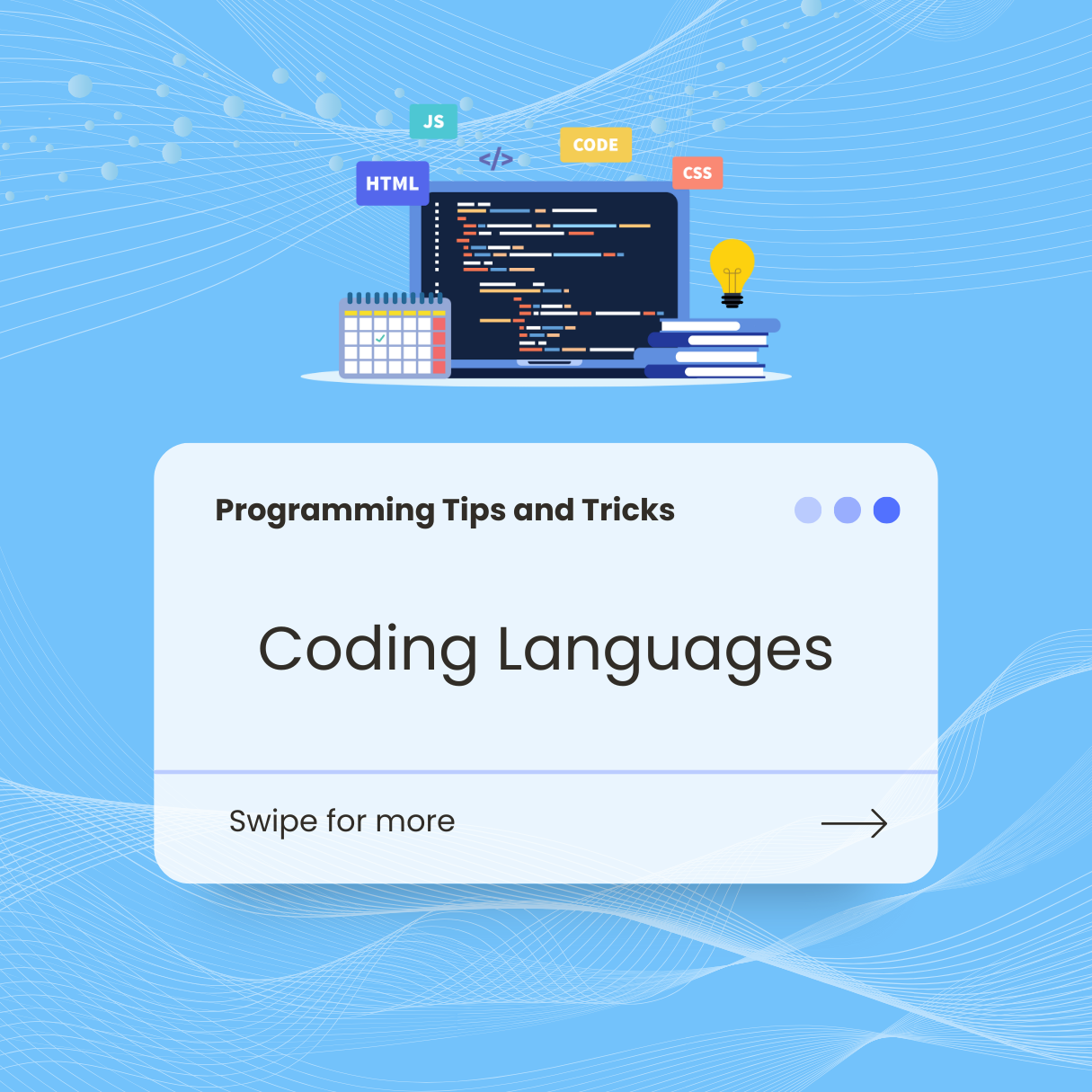
In the journey to learning how to start coding in 2025, the first important step is selecting the right coding language. There are different options, like Python, JavaScript, Java, C++, etc. But with so many options, how do you decide which one is the best fit for you? Understanding this can be confusing, but don’t worry. In my other post, “A Guide to the Top 5 Programming Languages to Learn in 2025“, I explained the languages that are popular this year. And I also provide resources to help you start your learning journey. So take a moment to check out the post. It is designed to make the selection of your programming language as easy as possible.
2. Preparing your coding environment
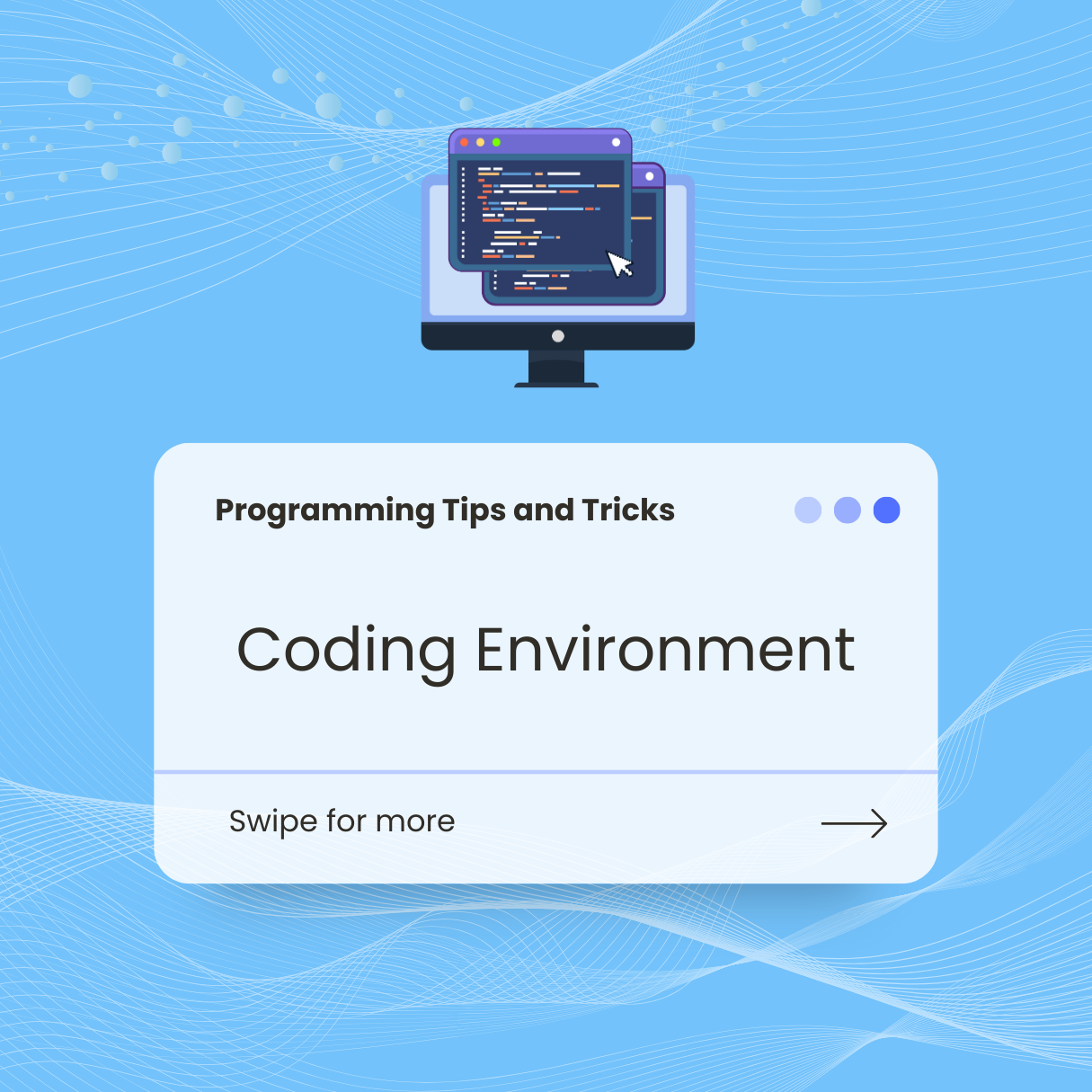
Once you’ve chosen your programming language, setting up your coding environment is the next step. This process involves selecting a text editor, or, as it’s more commonly known, an integrated development environment (IDE) in the coding world. While there are general-purpose IDEs and text editors such as Visual Studio Code, Atom, and Sublime Text, it’s essential to note that certain languages benefit from specific IDEs due to their tailored features. For instance, PyCharm is highly recommended for Python developers, Visual Studio Code (VS Code) is a popular choice among JavaScript programmers, and Eclipse is a favorite among Java programmers.
In addition to choosing the right IDE or text editor, setting up your coding environment also involves installing all the necessary software and tools related to your chosen programming language. You can use websites like Stack Overflow and GitHub to help with troubleshooting issues during installation and find out which plugins are most related to your coding environment. Plugins basically help you add extra features to your programming.
3. Resources for understanding the basics of coding
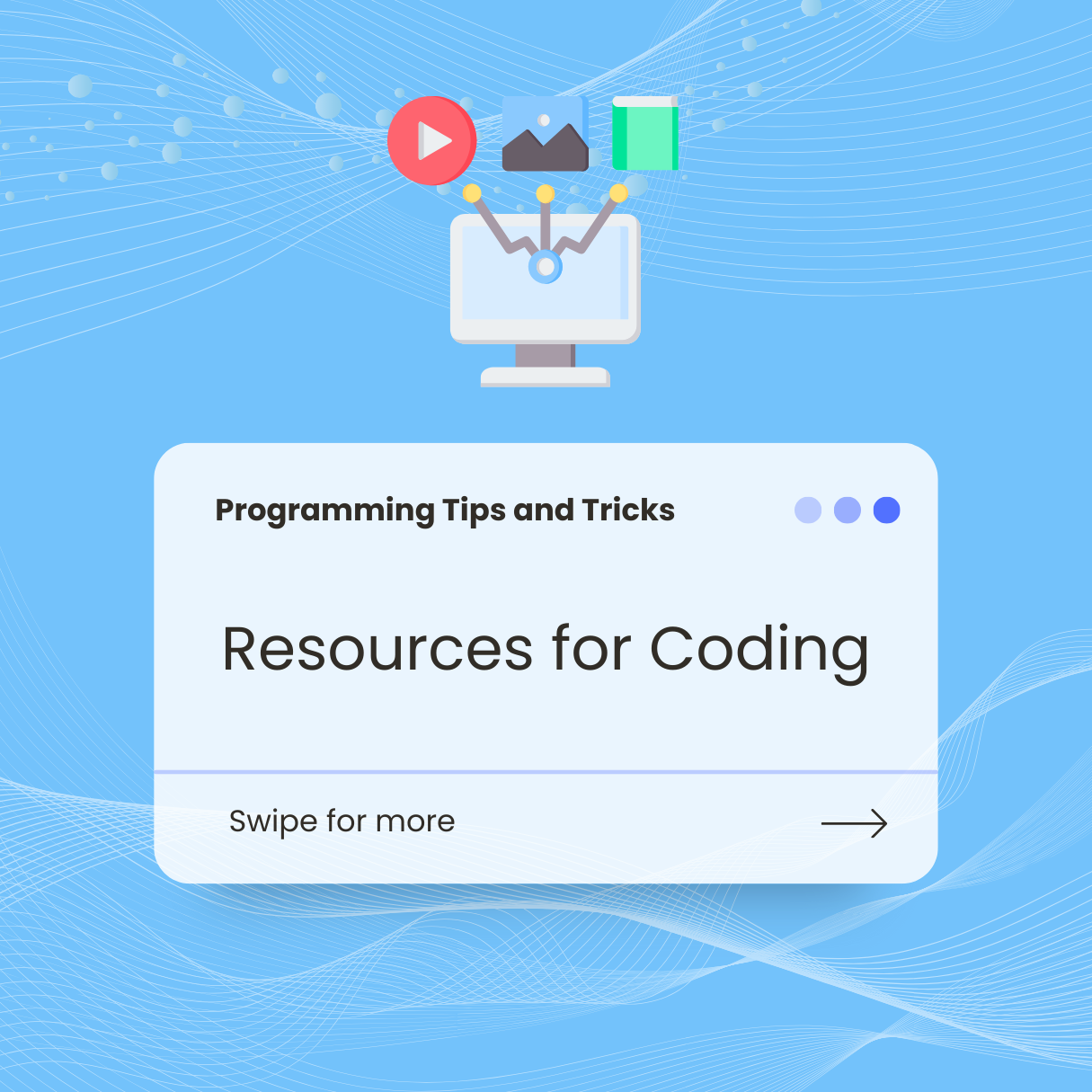
Before starting your coding journey, it is important to know the basics of coding. Coding, which is also known as programming, essentially means providing a computer with a set of instructions using a programming language. In simple terms, programming means breaking a large, complex problem into a number of more executable tasks that the computer may then do.
Some of the basic concepts you are likely to come across as you learn more about programming include variables, data types, and the control structures of a program. Websites like GeeksforGeeks, freeCodeCamp, Coursera, W3Schools, etc. offer interactive lessons with small tasks, tests, and help for beginners. You will be able to explore them and have a good foundation of programming ideas. Side-by-side books also give you a good start for coding. Some of the recommended books include “Python Crash Course” by Eric Matthes and “Eloquent JavaScript” by Marijn Haverbeke. “Head First Java” by Bert Bates and Kathy Sierra is a great resource for self-directed learning.
4. Hands-on project development

The real way to master how to code is with a lot of practice. Start by writing simple programs, and then try to set yourself challenging projects. There are platforms like LeetCode, HackerRank, and Geektrust that provide exercises that will help you improve your skills. There are also personal projects or open-source project contributions on GitHub that gather great on-the-ground experience.
5. Learning Data Structures and Algorithms (DSA)
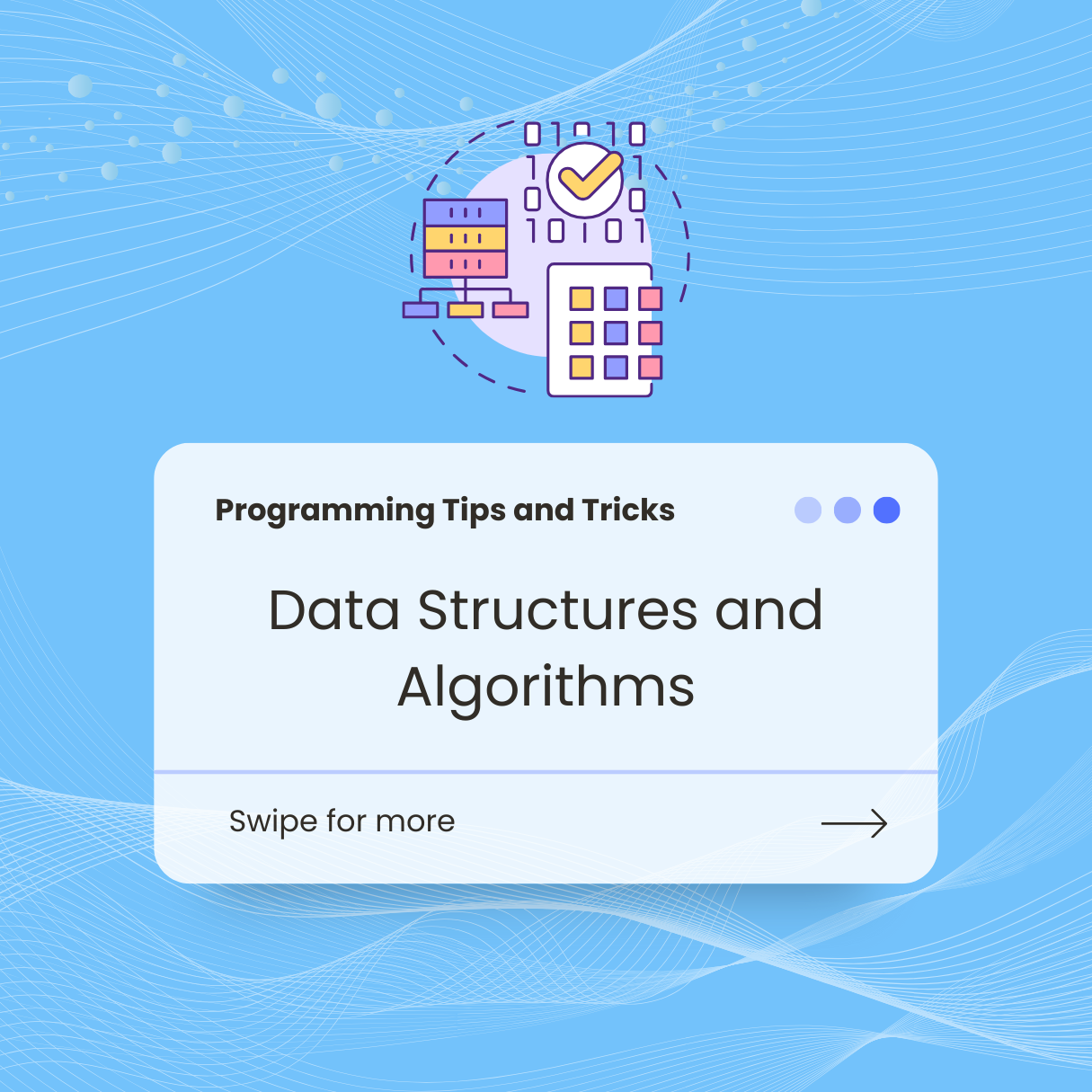
Efficient and scalable code writing requires the concepts of algorithms and data structures to be mastered. Some of the websites with easy reference and practice of these basic concepts are takeuforward, GeeksforGeeks, HackerRank, and LeetCode, offering tutorials, articles, and problems. There are also books like “Introduction to Algorithms” by Thomas H. Cormen or “Cracking the Coding Interview” by Gayle Laakmann McDowell on the subject of data structures and algorithms, which give you a good understanding of the topics.
Also, I strongly advise you to watch the YouTube video below to get the most detailed roadmap for mastering the course Data Structures and Algorithms (DSA) in the year 2025 for Nepali students. This video is going to provide a complete roadmap for why learning DSA is important in the year 2025 and how it is going to impact and change the Nepali coding landscape. This is a must-watch video for your DSA coding journey.
6. Discovering various fields in coding
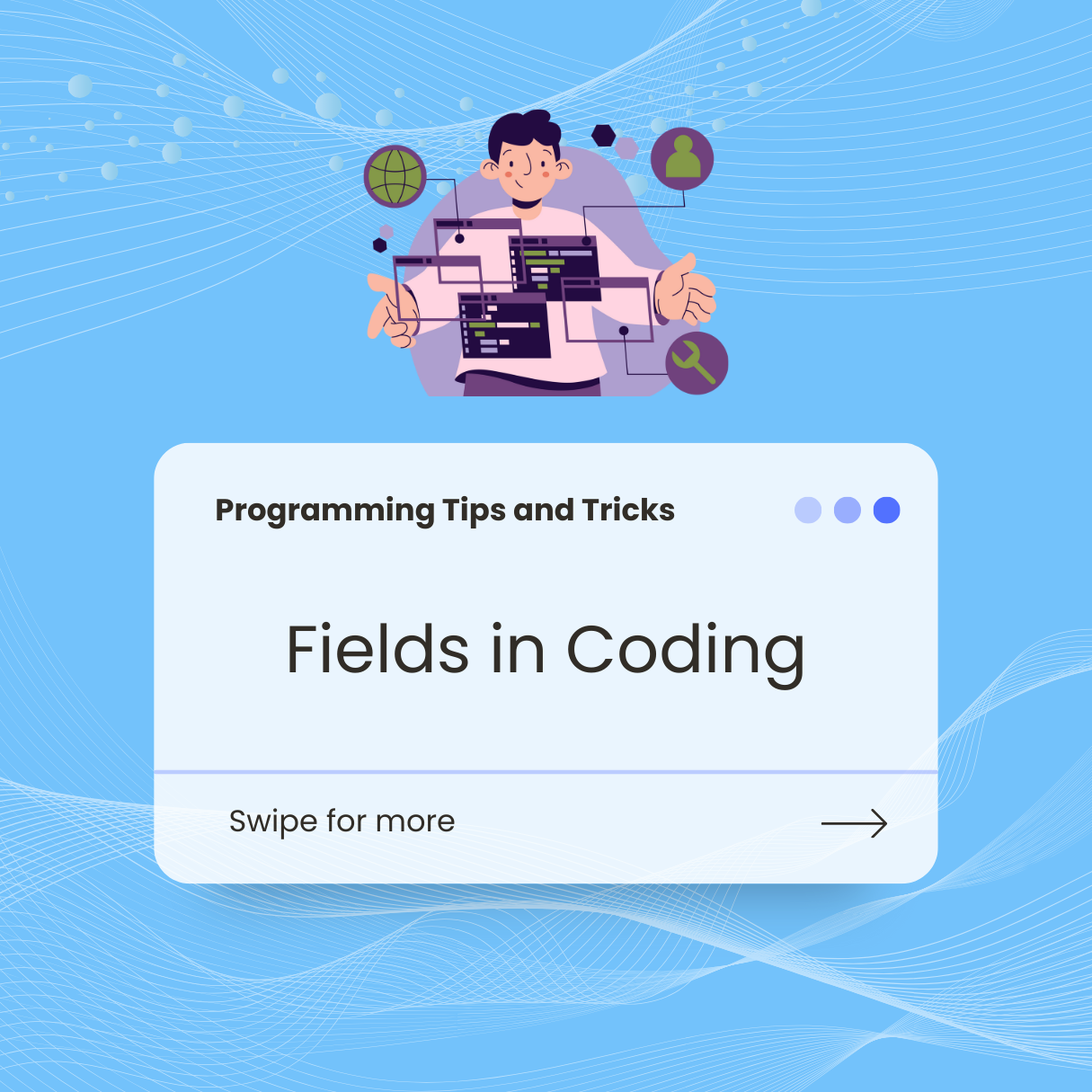
At the same time, coding can be used in many other fields, like, for instance, web development, mobile applications, and machine learning. Hence, my best resource to be able to read all these kinds of diversities is Roadmap.sh, since it gives you a full roadmap according to the specific domain that he is willing to learn. It especially guides you on which learning roadmap should be followed, and it also provides the resources you need to learn. Consequently, there are different platforms, like Udemy, Coursera, edX, Udacity, etc., through which you can learn the skills you want.
7. Utilizing Git for version control
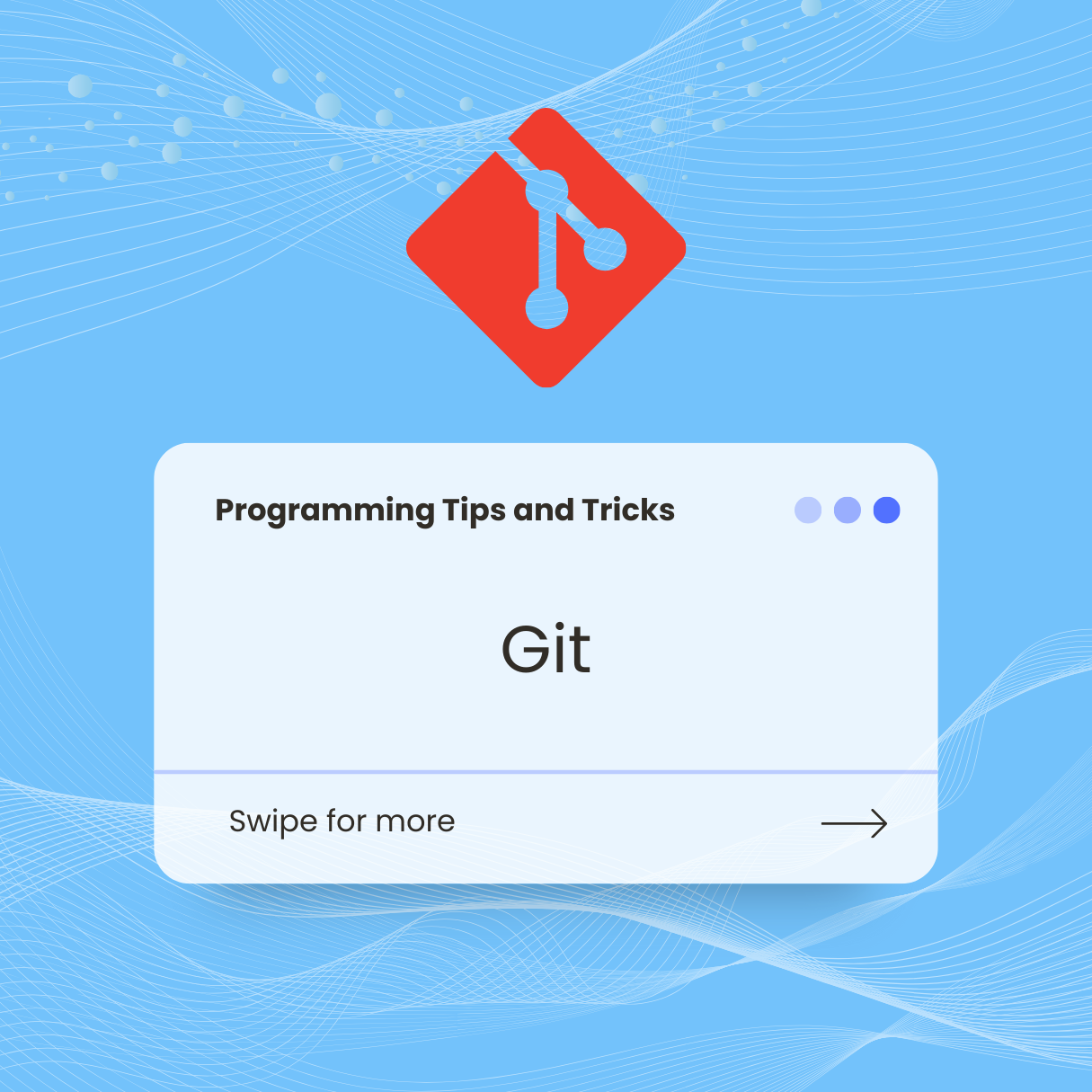
Most importantly, moving on to the next topic, the coding journey, Git makes your work pretty easy. You have the capability with Git to quite easily make a change while also being able to easily track not only the status of your code base but also an easy method for excellent collaboration between developers. Websites such as GitHub, GitLab, and Bitbucket provide Git repository hosting services as well as detailed documentation on Git operations. Also, sites like Udemy, Coursera, YouTube, etc. will provide information about Git.
8. Developing and deploying applications
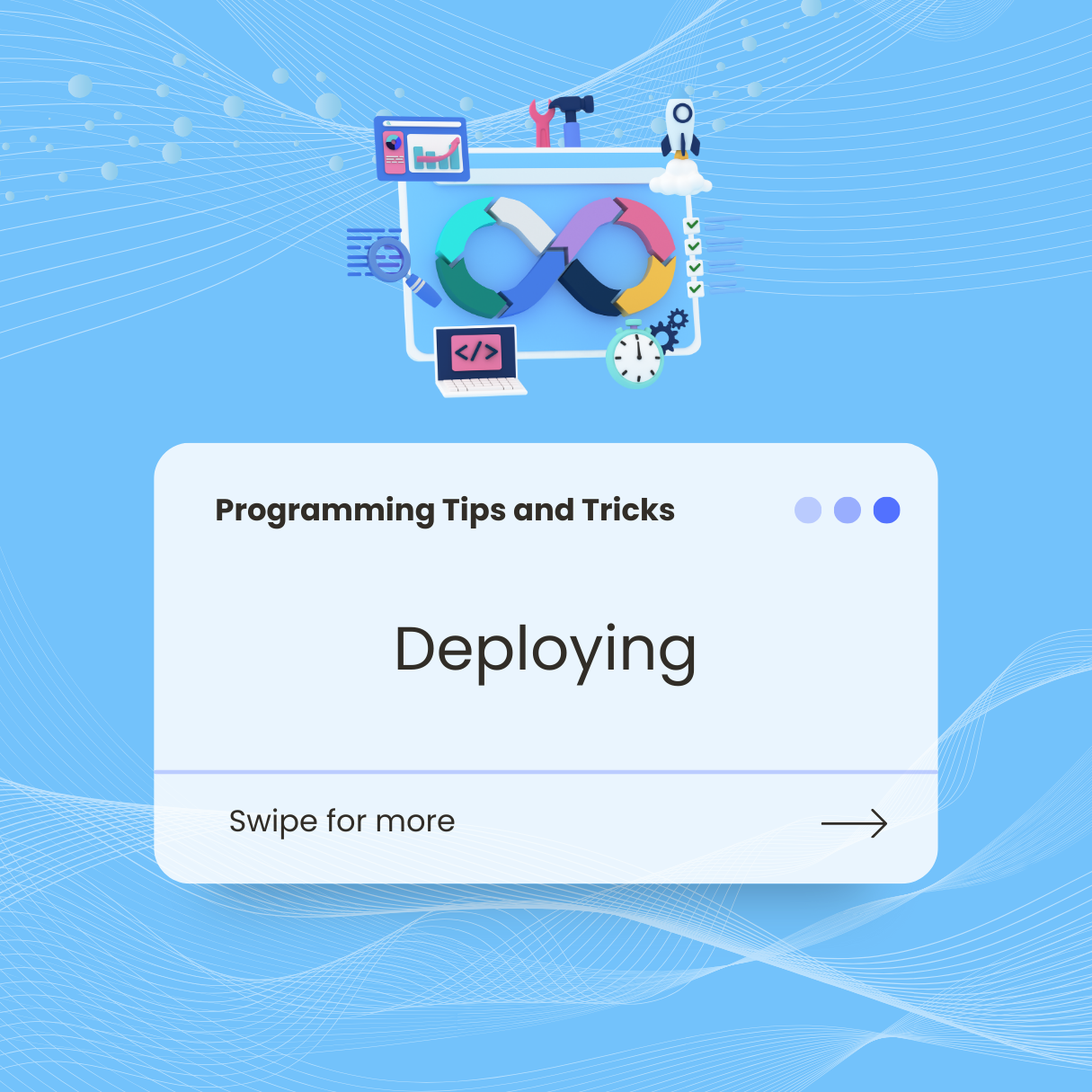
Being better at coding. Building, deploying projects, and other forms of development are also necessary. At the beginning, you can use the different free hosting platforms, like GitHub Pages, Heroku, Netlify, etc., to deploy your application. Side by side, you can learn from the books “Flask Web Development” by Miguel Grinberg and “Fullstack React Native” by Anthony Accomazzo and Houssein Djirdeh, which are practical guidebooks regarding how to create productive web applications and organize their work.
9. Becoming part of coding groups and requesting assistance
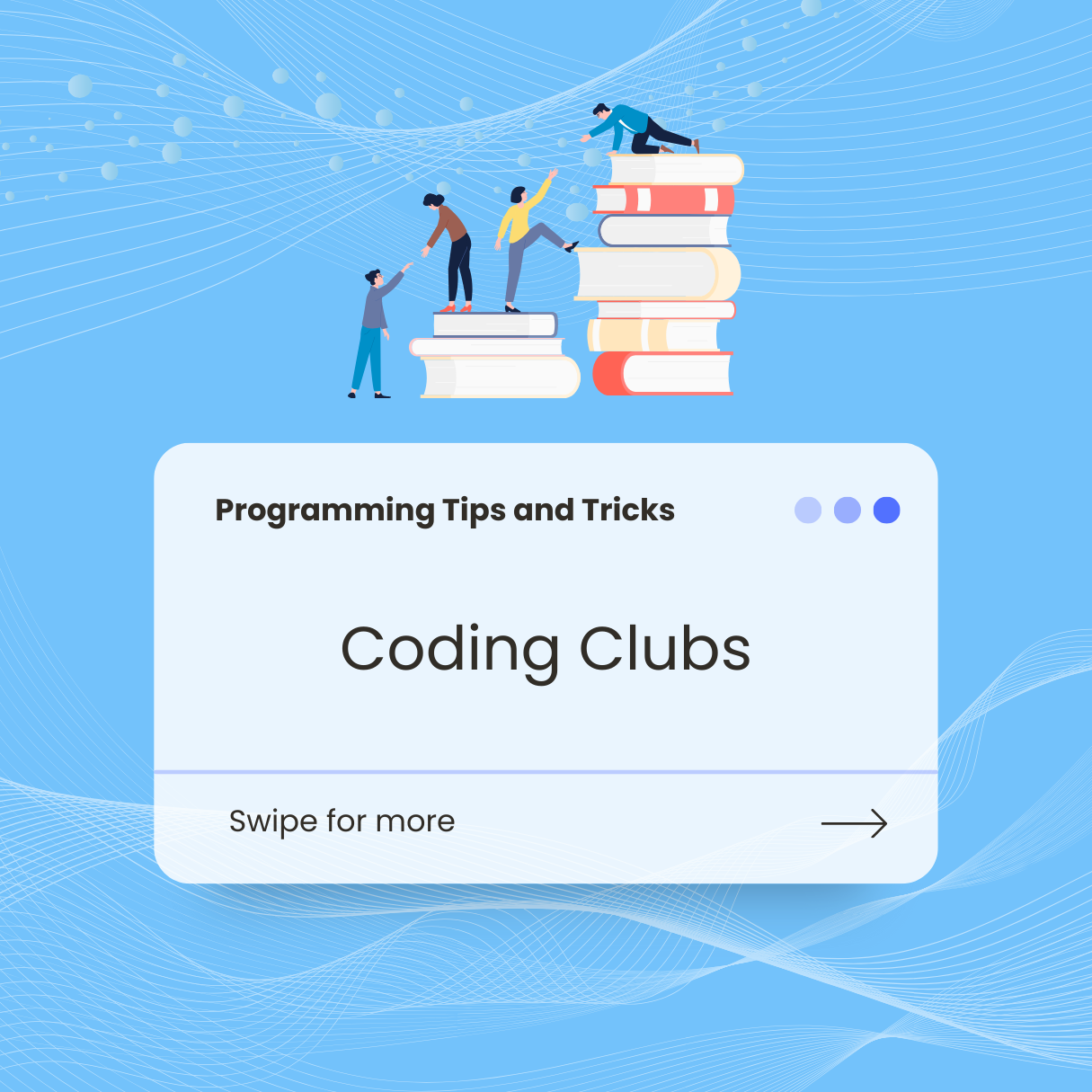
Join clubs that focus on coding and seek assistance if necessary. In communities, one can share experience, form collaborations on coding difficulties, and learn from the experiences of others. You can join a variety of online forums and platforms to ask questions, find resources, and get help. Examples include Stack Overflow for Q&A on a vast array of programming topics; GitHub to collaborate on projects and learn from others code; and Reddit, where subreddits like r/learnprogramming or r/programming offer a place to discuss coding topics, share resources, and get advice from fellow programmers.
10. Never-ending learning and progress
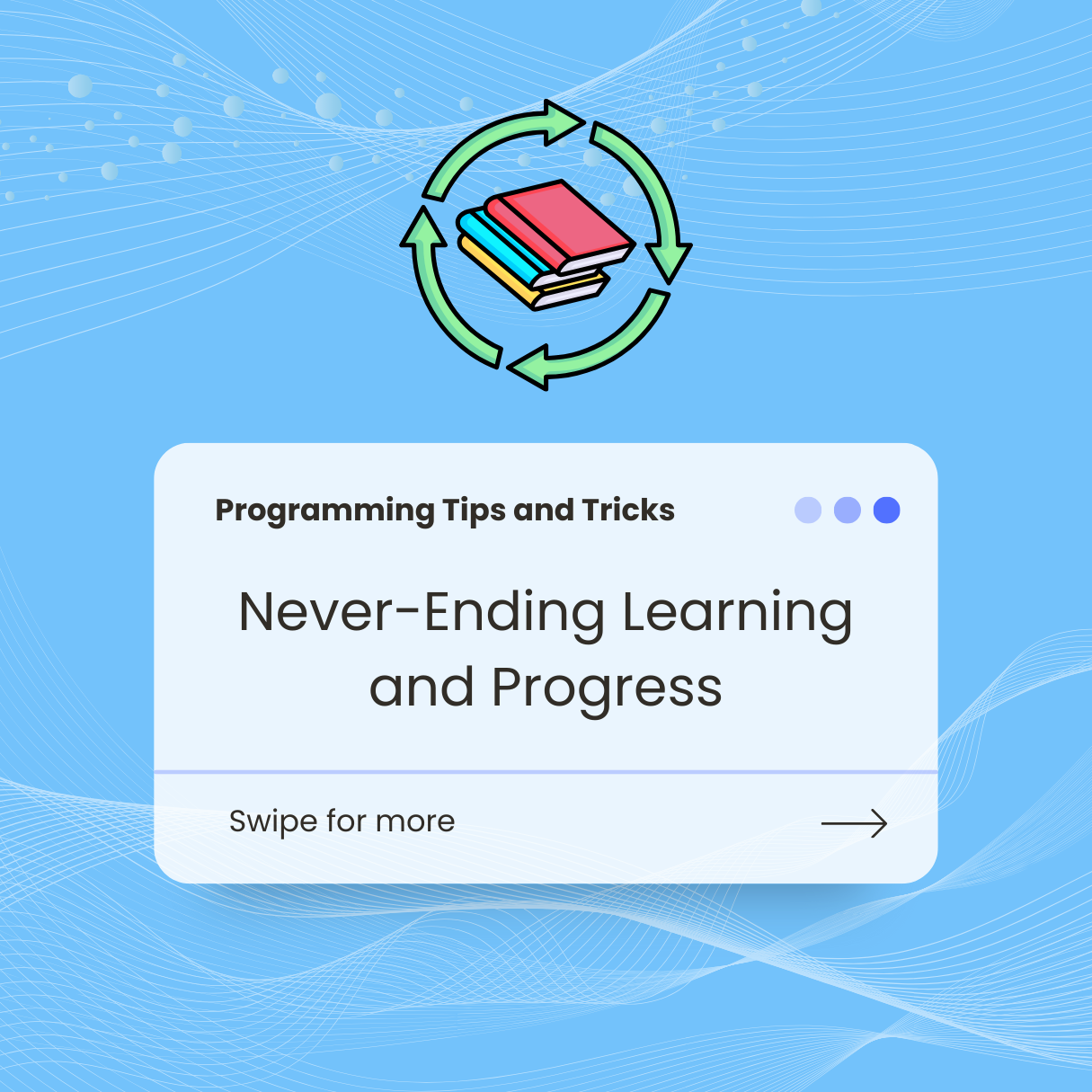
Last but not least, be continuously updated in your knowledge and skills with the tools, trends, and new technologies of the industry through the courses, workshops, boot camps, etc., available over the internet to be part of your learning process during the programming journey. Remember, the coding journey is not the end itself; it leads to the lifelong pursuit of knowledge and innovation. A thousand-mile trip begins with a single step. These resources will help you take action in this dynamic world of programming with much confidence and enthusiasm.
Categories
Popular Posts
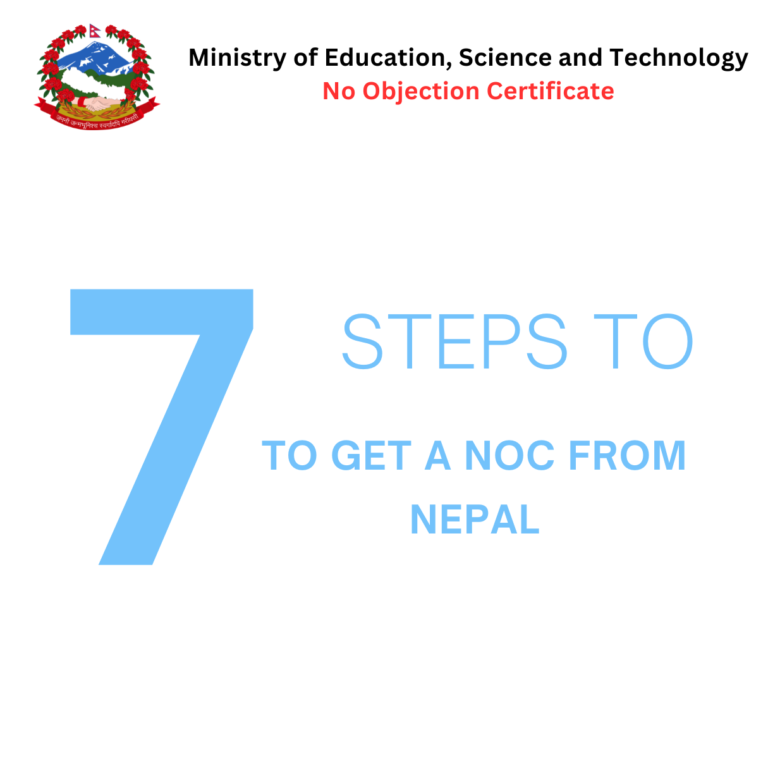
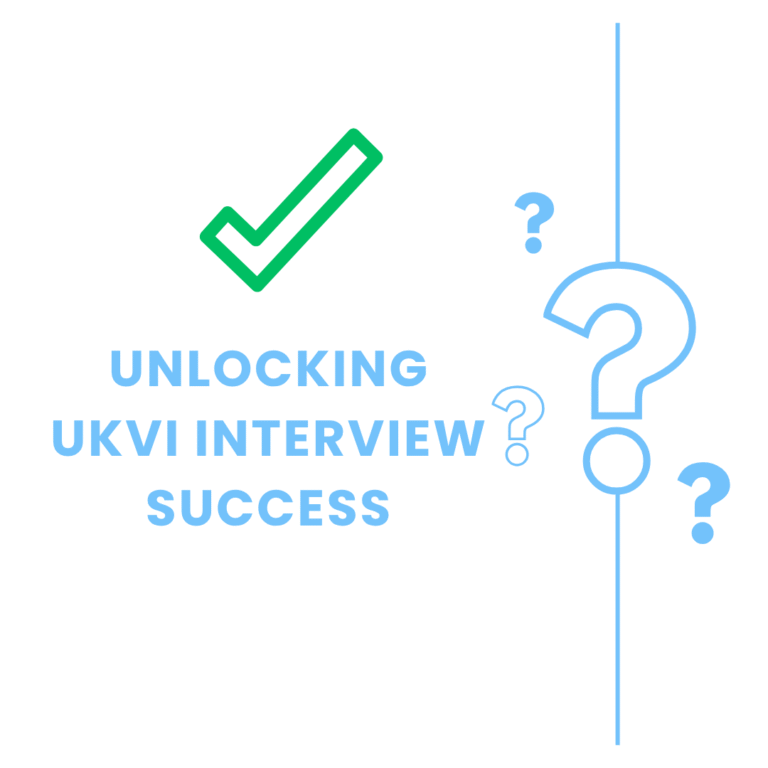
Top UKVI Interview Question Examples and Answers
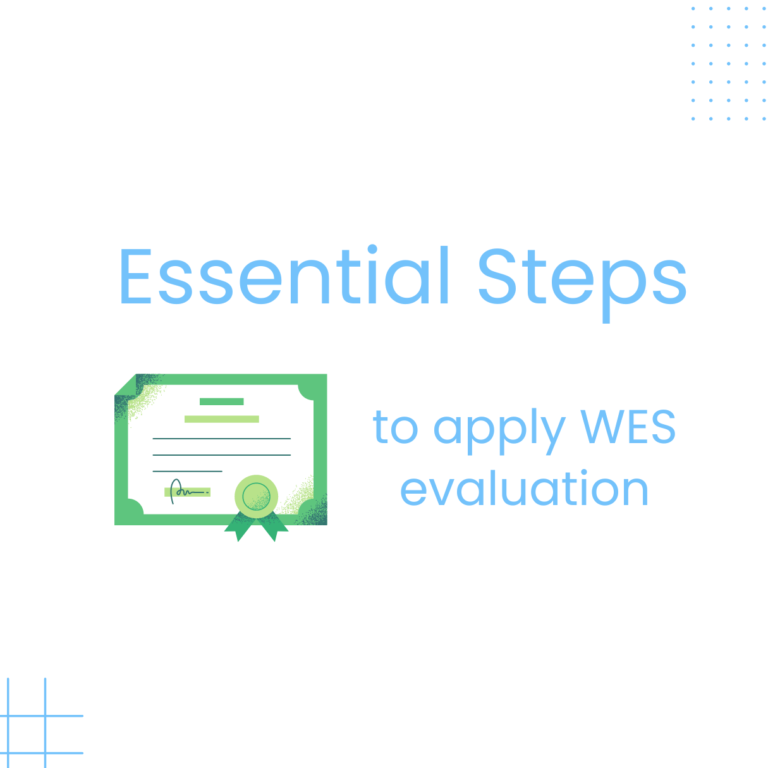
How to Apply for WES Evaluation in 2025?


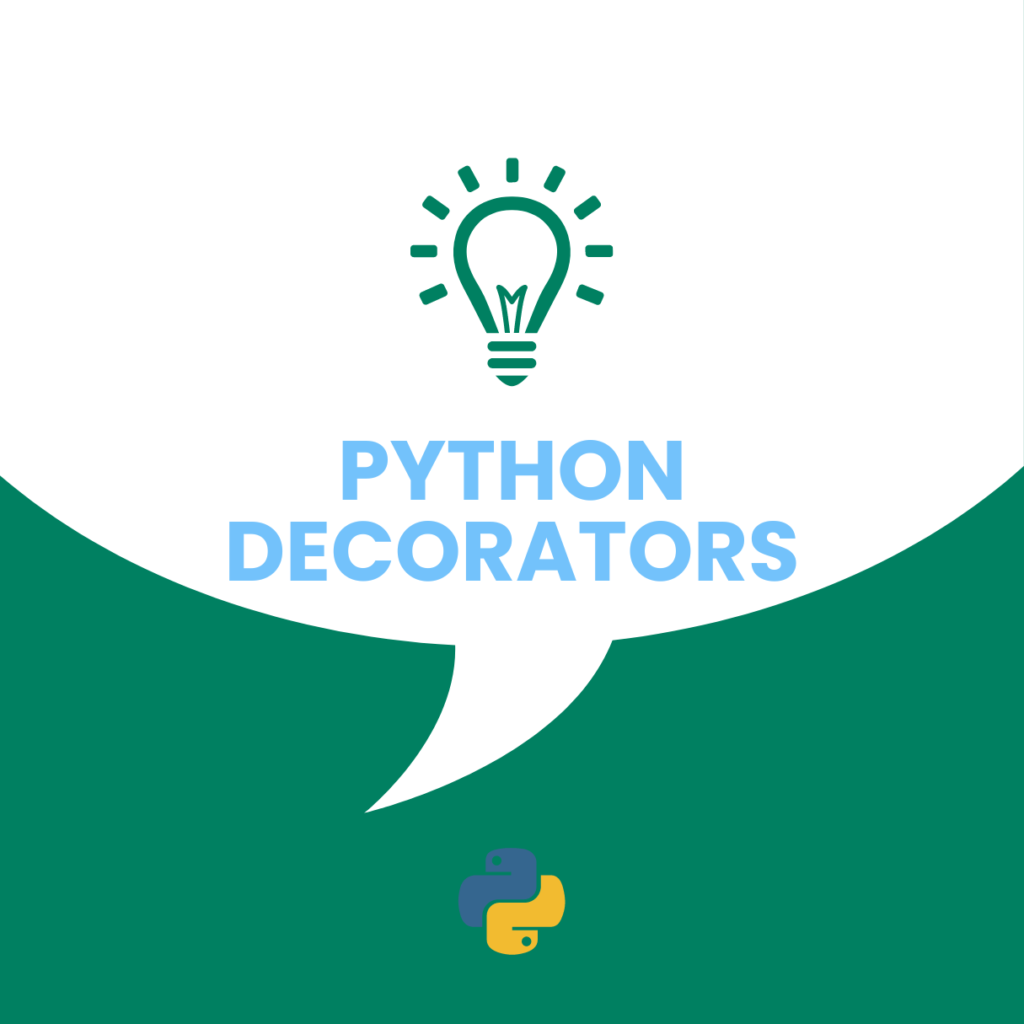

2 thoughts on “Coding for Beginners: The Complete Roadmap for Nepali Students in 2025”
Hello! I was thoroughly impressed by this blog post. Your depth of knowledge and ability to convey complex ideas in a simple manner is commendable. Thank you for shedding light on this topic. I’m looking forward to exploring more of your blog in the future.
This article is a treasure trove of information. I am impressed by the level of research that has supported your viewpoints, and I appreciate how everything has been articulated concisely and coherently.